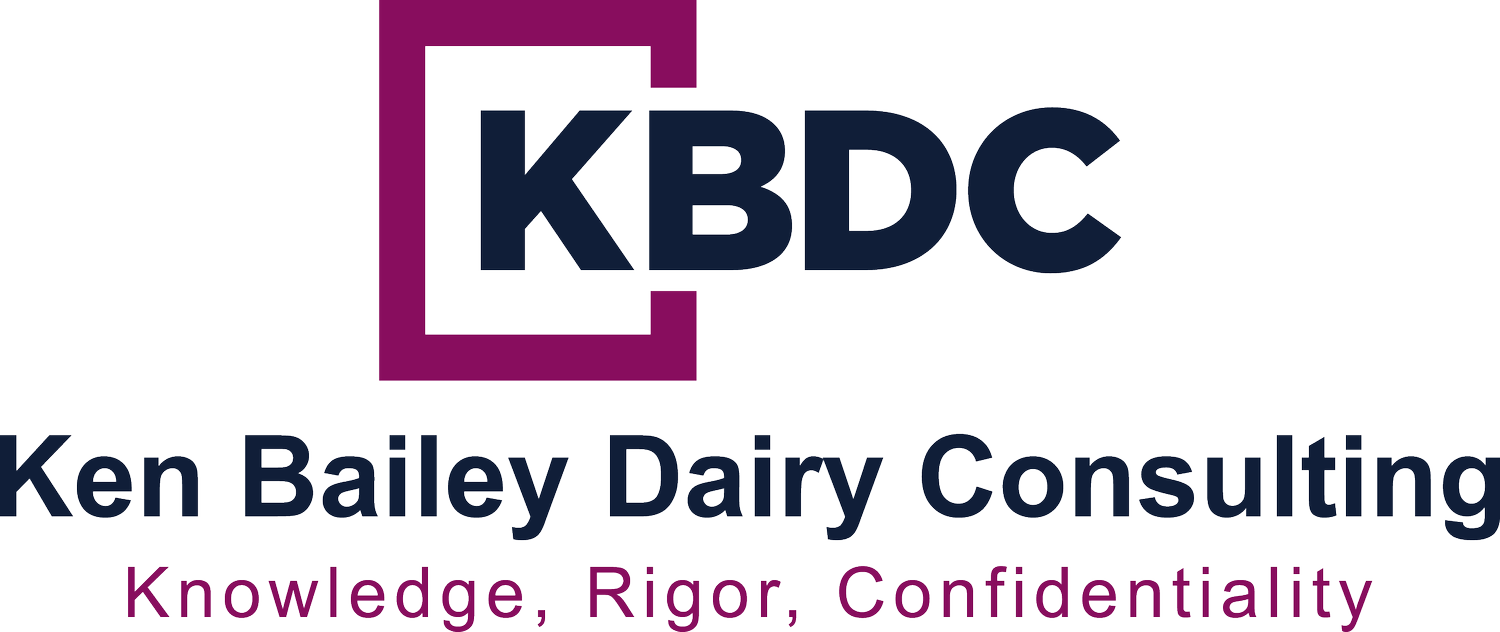Prepare a rigorous oversight plan for risk management - week 10
Companies need to have a rigorous oversight plan in place before risk management activities begin. That means strong back office support and senior leadership oversight.
prepare documentation before trading starts - week 9
Prior to any trading, senior leadership should meet with members of the risk policy committee and prepare documentation for all derivative trading.
risk management principles should be incorporated throughout the oranization - week 8
Risk management activities need to be coordinated throughout the organization. A “put it on and forget it” approach will only result in ineffective hedges. So sales, planning, production, accounting, finance, Treasury, and senior leadership should all be on board and coordinated with risk management.
to design an effective hedge, start and end with components - week 7
To design an effective hedge, you’ll need to start with the components in the item you want to hedge. Your choice of a CME futures contract may not match up perfectly with the hedged item. So do some component accounting first before placing the hedge.
closing out a hedge - week 6
This week I discuss the economics of hedges, and the need to do a final analysis at closing. Was the economics at the start the same at closing? Was the basis maintained? This defines the “effectiveness” of heding activities. And finally, were the derivative gains/losses properly allocated by accounting to the proper accounts? Without this, your financial results will be distorted.
executing risk management trades is tricky business - week 5
Many people are confused about dairy futures contracts quotes. People pull prices off a website and don’t fully understand the differences betweek “last,” “bid,” “offer,” and “settlement.” And your sales team many not fully understand the need for a “risk premium” when offering their customers a fixed price sale.
segregate unrealized gains/losses - week 4
Last week I discussed GAAP accounting vs. hedge economics. This week I discuss concepts such as “unrealized” gains/losses, hedge “effectiveness,” and recommend segregating month-to-month changes in derivatatives on the P&L.
GAAP vs. Hedge economics - Week 3
Accounting/finance people view “derivatives” or financial contracts much differently than a risk manager. While the risk manager sets up the hedge with a physical and derivative side and assumes an appropriate basis, the accounting/finance department may only report the sum of all month-end changes in just the derivatives. A reported “loss” on the P&L might not actually be a loss at all. This is often hard to explain.
risk management - week 2
Risk managers make many trades in a give day. My rule of thumb is this. If there is no physical or derivative offset to the trade you are placing, you’re executing “a naked trade” and basically gambling.
risk management - week 1
Many companies that implement commodity risk management programs may not be entirely clear what the objectives of the program really is. So before creating a risk management plan for a company, be clear what they are.
The West needs a cheese export strategy
The West needs to develop a defined and cohesive cheese export strategy in order to expand milk production and achieve higher margin sales. That strategy may involve not participating in Federal Milk Marketing Order pools.
Should usda be setting milk prices?
Dairy coop managers face both a fixed sales price and a cost of milk components set by USDA. That’s not the way other ag coops work. Having USDA set the cost of manufacturing an export product may not be desirable. Farmers may be better off letting their managers set this cost, and freeing up investments towards higher value and potentially more profitable options.
Bovine vs. Plant-based milk: a cost-benefit study
Plant-base dairy alternatives claim they are more sustainable than bovine milk, and taste just as good. But do consumers really have objective information on their production processes, nutritional profile, and environmental impacts? Also, how do you compare the cost of these products to bovine milk?
The Problem with Protein Pricing
I’ve identified seven problems with the current protein pricing formula used in Federal Milk Marketing Orders. And that does not even include changes to make allowances. Change will be necessary if the U.S. wants to continue to grow the dairy industry.
Hey Canada, stay in your self-made sandbox
Canada needs to be held accountable to their trade agreements. As long as they operate a milk production quota, they should not be exporting ANY dairy products. The U.S. should open up a new WTO case against Canada.
